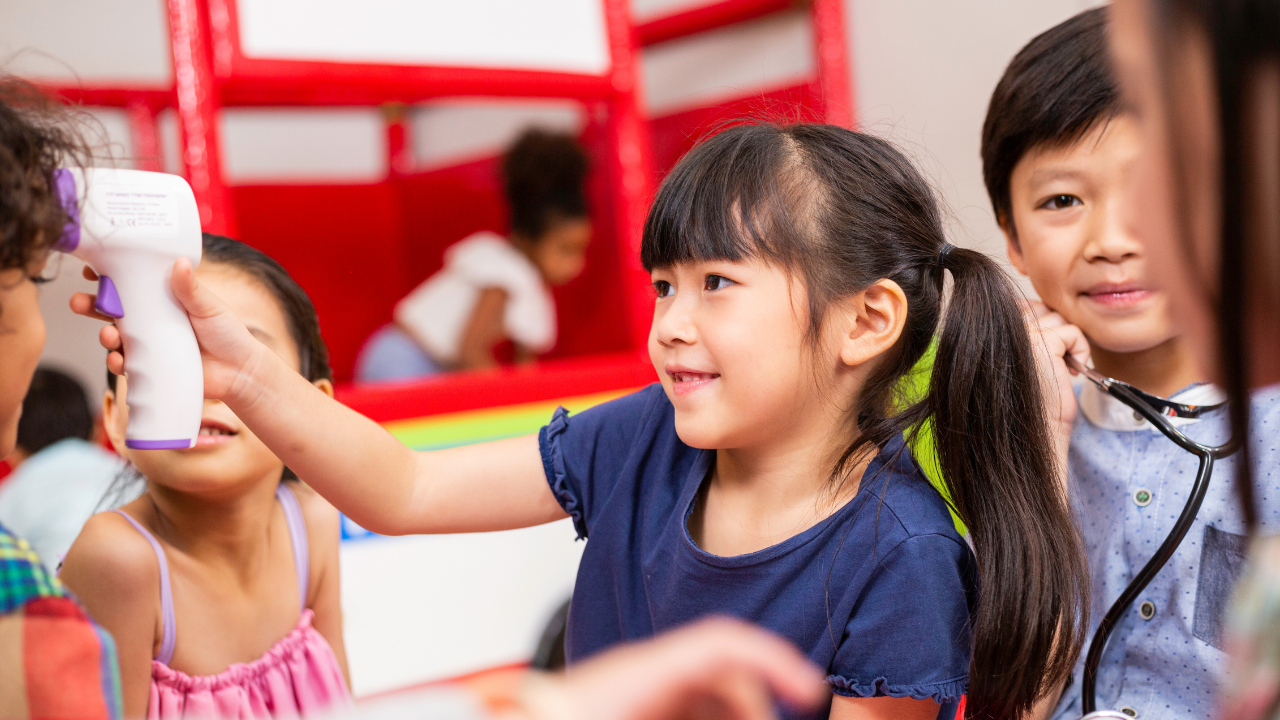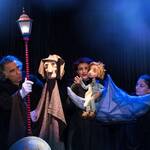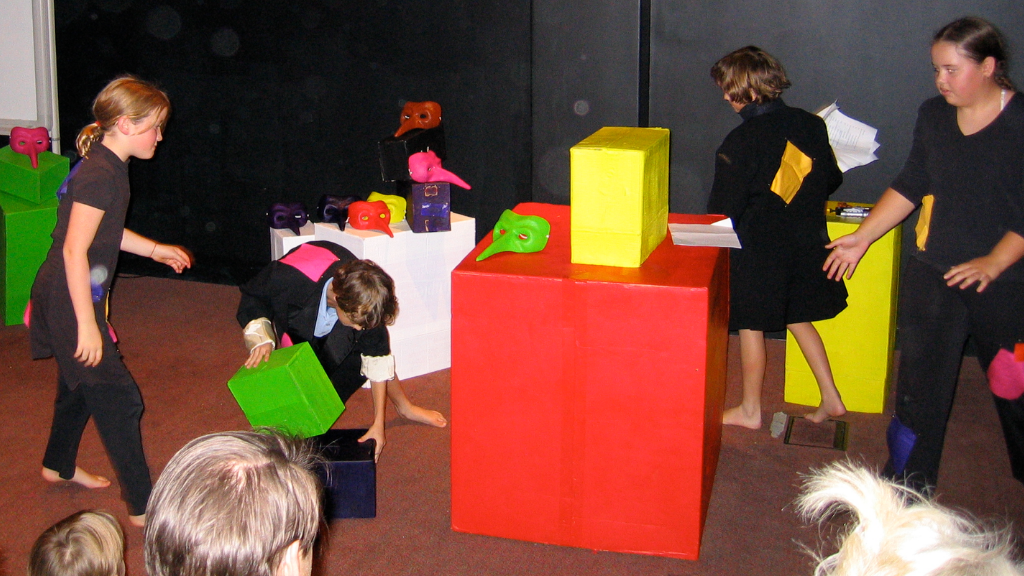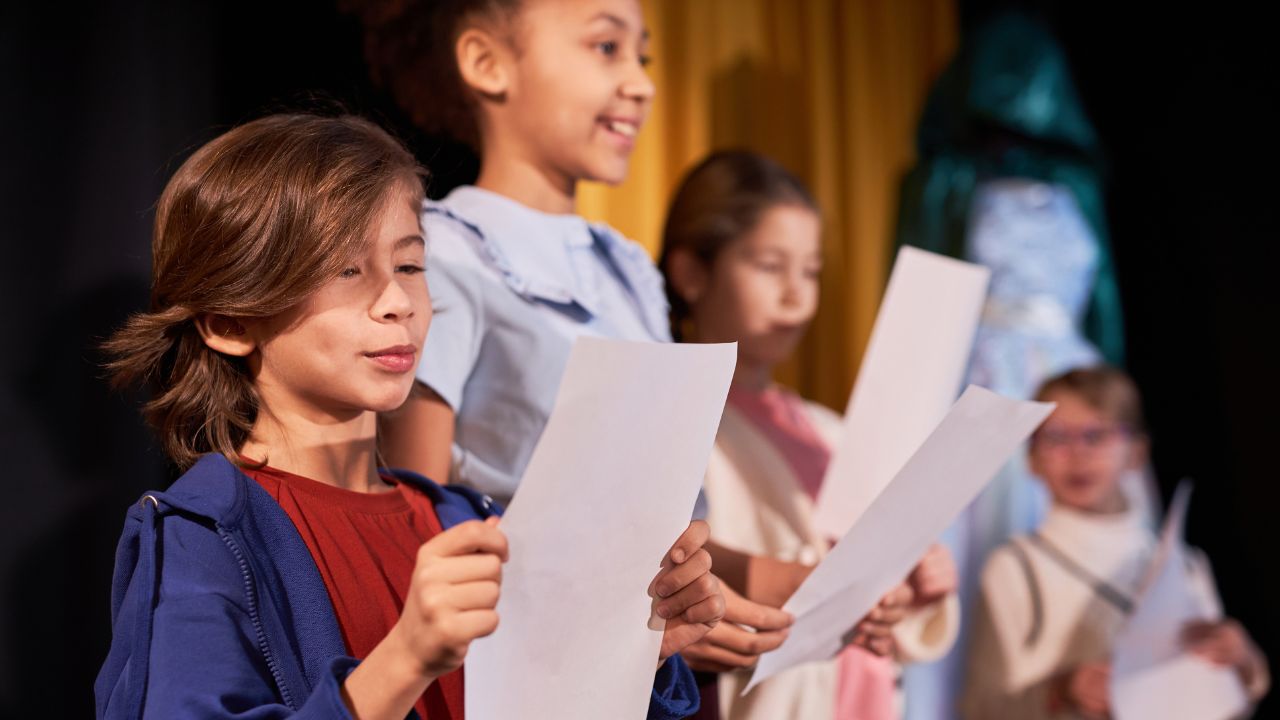
Unlocking Deeper Learning: The Transformative Power of Role Play
Pedagogically speaking, few strategies are as natural as role play. Far more than just a fun break from routine, role play is a powerful teaching and learning strategy that transforms abstract concepts into tangible experiences. By asking students to step into another’s shoes, we invite them to move beyond passive memorisation and engage with a nominated subject matter on a deeper, more personal level.
Absorbing Facts
Role play models using facts in an active participation. When a student takes on a role—be it a historical figure, a scientist debating an ethical dilemma, or a character from a novel—they are forced to immerse themselves in the knowledge of an individual’s perspective, motivations, and contexts. To argue a point as a delegate at the Federation Convention in 1901, a student must do more than remember dates; they must understand & know about the political climate, the economic pressures, and the social attitudes of the era.
This immersive process fosters a profound sense of empathy and perspective-taking. Students learn that historical events were shaped by real people with complex motives, and that scientific discoveries often involve difficult human choices. This use of knowledge has the potential (by implication) to create stronger, more durable neural pathways. This is not the same as ‘rote learning”, because it combines what to think with why and how to think within a specific context’
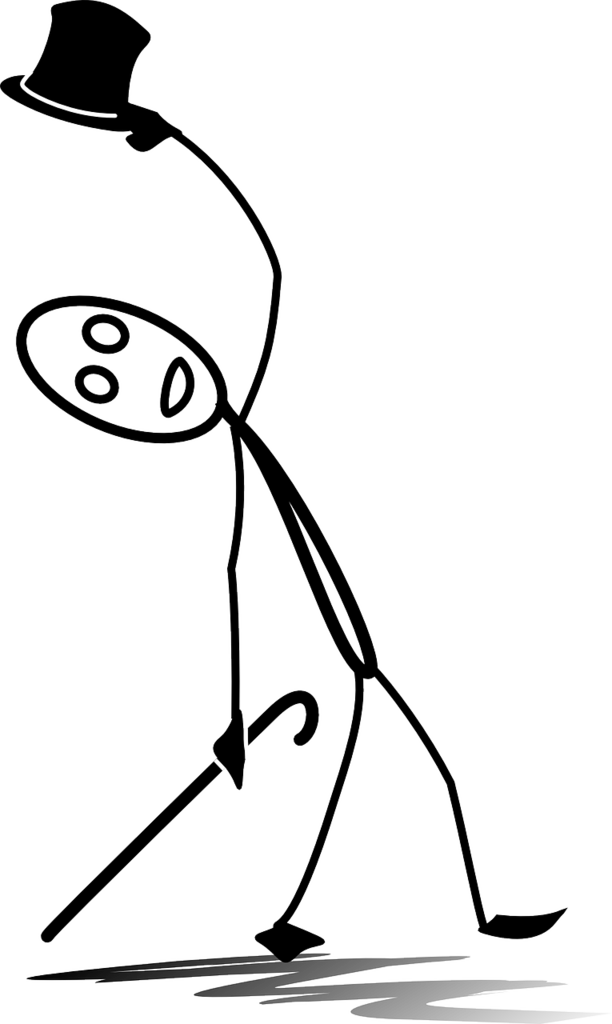

A Safe Place To Test Ideas
The classroom should be a laboratory for life, a place where students can practice the skills they will need long after they graduate. Role play provides the perfect, low-stakes environment for this development. In a simulated scenario, students can practice negotiation, collaboration, conflict resolution, and persuasive communication without the real-world consequences of failure. A group tasked with creating a new society on a deserted island must learn to listen, compromise, and lead. A student playing a shopkeeper must practice clear communication and basic numeracy with a “customer.”
These activities build confidence and articulate speech. Students who may be hesitant to speak in a traditional class setting often find their voice when protected by the mask of a role. They learn to think on their feet, respond to unexpected challenges, and work collaboratively towards a common goal—skills that are indispensable in both higher education and the modern workplace.
Bridging the Gap Between Theory and Practice
One of the greatest challenges in education is making abstract theory feel relevant. Role play is the bridge that connects these two realms. In science, students can act out the functions of different parts of a cell to understand their interconnected roles. In a legal studies class, a mock trial can bring the complexities of the justice system to life in a way no textbook ever could. By re-enacting the Eureka Stockade in a history lesson, students gain a visceral understanding of the tensions and passions that fueled the rebellion.
This strategy is always about learning by doing. The physical act of participating in a scenario cements the learning in their minds. By transforming a theoretical concept into a lived experience, role play ensures that the knowledge is not just learned, but understood in a practical, applicable way. It answers the perennial student question, “Why do we need to know this?” with a tangible and memorable demonstration.


Igniting Creativity and Critical Thinking
Role play is inherently unscripted. While the teacher sets the scene and defines the parameters, the outcomes are driven by the students’ choices. This freedom encourages creativity and critical thinking. Students must analyse their situation, consider their objectives, and devise strategies to achieve them within the constraints of their assigned role. What happens if a key figure in a historical negotiation refuses to compromise? How does a team of engineers solve a sudden, unexpected design flaw in their simulated project?
These scenarios compel students to problem-solve in real-time. They learn to evaluate situations from multiple angles, anticipate consequences, and adapt their approach when things don’t go as planned. It fosters a mental agility and creative resilience that standardised tests cannot measure but which life will surely demand. By allowing for multiple outcomes, role play teaches students that there is often more than one right answer and that the process of discovery is as valuable as the final result. It is, in essence, an exercise in thinking.

